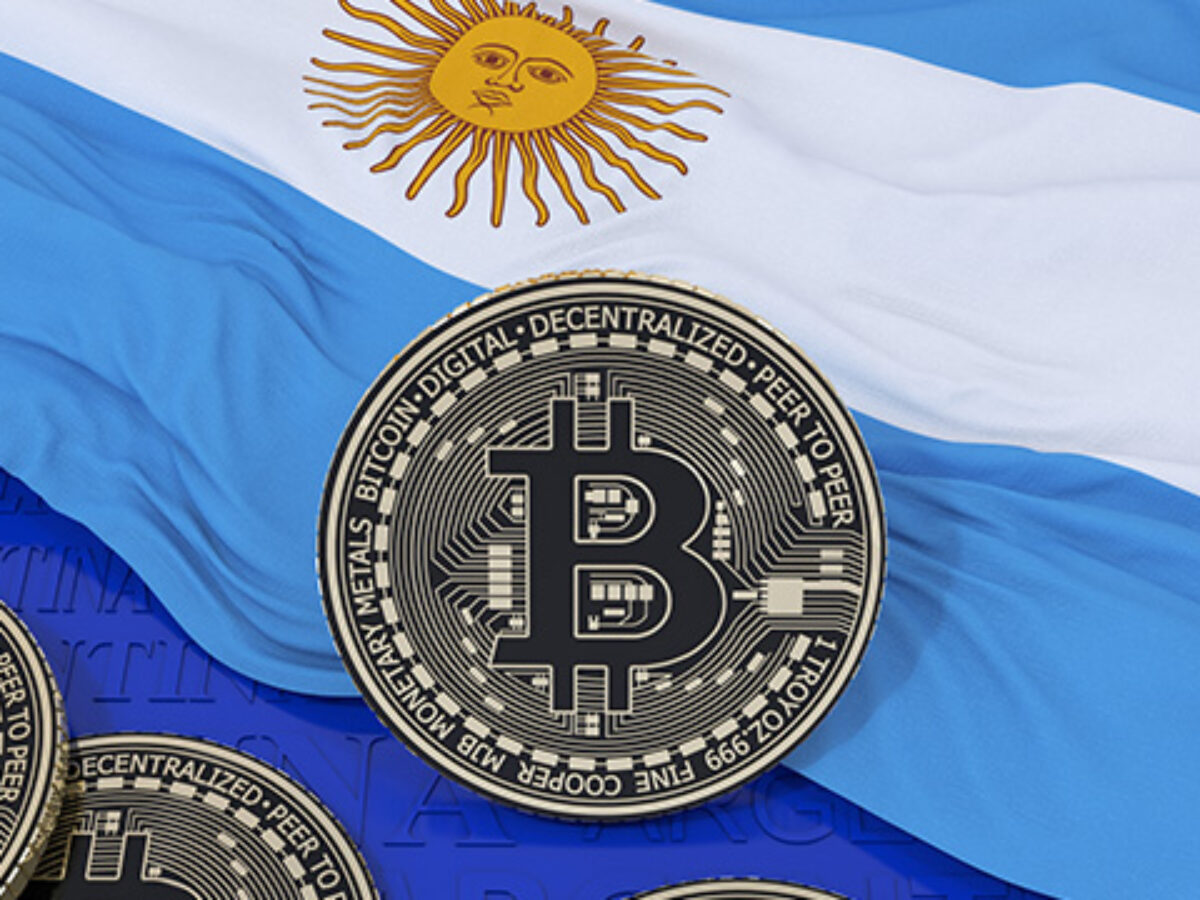Advertisement
Argentina's two largest private banks, Banco Galicia and Brubank, announced that they will allow customers to trade cryptocurrencies.
In a survey on Monday( May 2), 60% of participants responded that they want more access to cryptocurrencies. This result prompted the decision of banks to allow cryptocurrency trading.
On Tuesday, Ignacio Carballo, a subsidiary of market research firm Americas Market Intelligence, confirmed on Twitter with a snapshot of Banco Galicia's interface that it has begun supporting Bitcoin (BTC), Ether (ETH), USD Coin (USDC) and Ripple (XRP) transactions.
The South American country has the 6th largest rate of cryptocurrency usage in the world. Data and survey firm Statista estimates that 21% of Argentines have used or owned cryptocurrencies by 2021.

buy Bitcoin and other cryptocurrencies through their banks could help Argentina take the lead against the country's current inflationary situation. The latest data from economic data tracker Trading Economics says argentina's Inflation rate in April 2022 was 55 percent. Proponents say that bitcoin's scarcity and decentralization make it the ideal way to hedge against inflation.
In April 2021, the Argentine town of Sorradino bought the mines and planned to start running the mining to earn Bitcoin in response to inflation. Income from their mining is estimated at hundreds of US dollars per month.
With the high rate of cryptocurrency usage, the mayor of Buenos Aires, argentina's capital, Horacio Rodriguez Larreta, announced in late April 2022 that the city would begin accepting cryptocurrency payments for public financial services. The city is also expected to launch a blockchain-based digital identity (DID) platform for its residents.
However, Argentina is not the largest South American country to make a move to adopt cryptocurrencies. Brazil's Senate finally passed a draft Bitcoin Law on April 26, helping to create a necessary regulatory framework for the cryptocurrency industry in the country. They only need to pass another council to be signed into law by President Jair Bolsonaro.
















